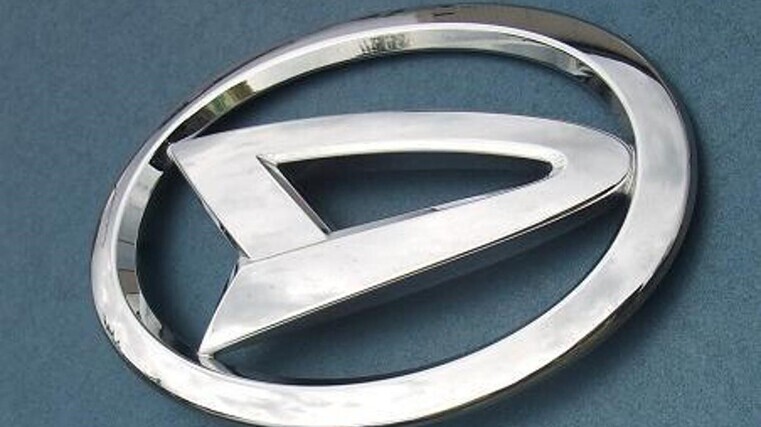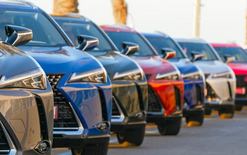Officials raid Daihatsu HQ

The Japanese government has raided the offices of Daihatsu after revelations the carmaker had manipulated collision-safety tests prompted the company to suspend shipments of all its models currently in production.
Officials from the Ministry of Land, Infrastructure, Transport and Tourism visited the headquarters of the Toyota subsidiary in Osaka on December 21
The action comes after it emerged that Daihatsu had rigged the results of various crash-safety tests dating as far back as 1989, reports Bloomberg and the Japan Times.
Daihatsu supplies cars and parts to a number of marques, including Toyota, Mazda and Subaru, and analysts warn the scandal may impact other parts of Japan’s automotive industry.
It is also the second time one of Toyota’s affiliates has fallen foul of the rules after Hino Motors last year admitted to falsifying data.
Toyota says an independent investigation in the wake of the Daihatsu controversy identified about 174 more irregularities across 64 models, including 22 cars sold under the Toyota brand.
The probe has discovered airbag control units used in the cars during tests were different from those fitted into vehicles sold to the public.
Toyota adds the units in mass-produced models were later found to meet industry standards but side-collision test results of the Daihatsu Cast and Toyota Pixis Joy "may not comply with the law”.
The group says it’s not aware of any accidents or incidents related to the issue.
It adds that preventing a recurrence of what led to the safety scandal will reguire “fundamental reform to revitalise Daihatsu as a company”.
“This will be an extremely significant task that cannot be accomplished overnight,” Toyota continues. “It will require not only a review of management and business operations but also a review of the organisation and structure as well as a change in human resource development and awareness of each and every employee.”
Daihatsu admitted in April it had manipulated crash-test results on 88,000 cars that were manufactured in Thailand and Malaysia and sold within the past year, reports Bloomberg.
Third-party investigators, led by TUV Rheinland Japan, say the irregularities date back to 1989 but began to ramp up in 2014.
Daihatsu has been a wholly-owned subsidiary of Toyota since 2016 and accounts for about four per cent of Toyota group’s global vehicle sales.





